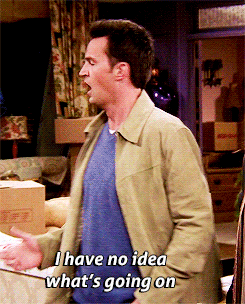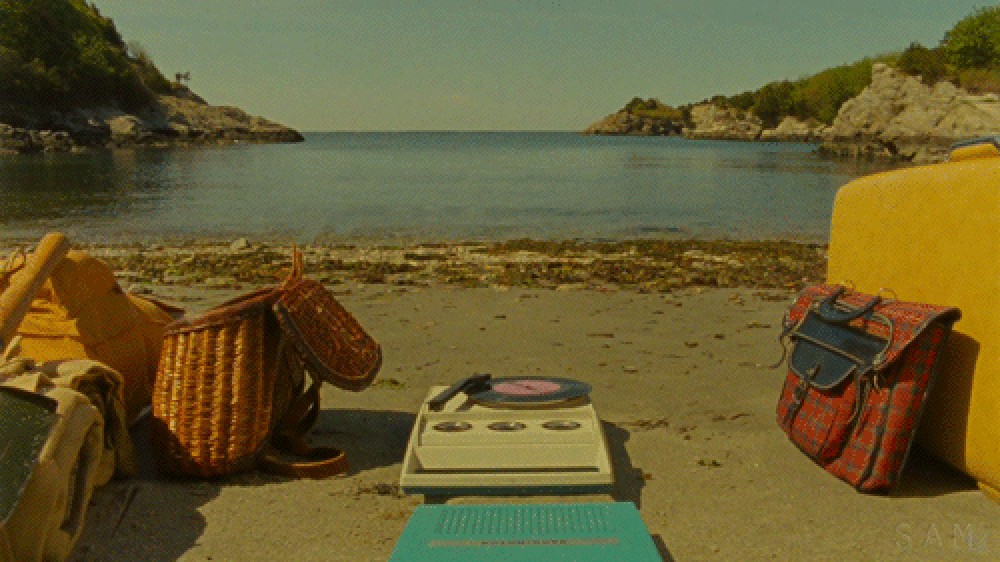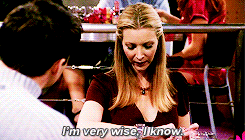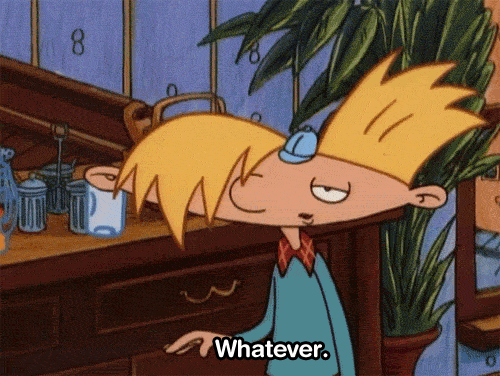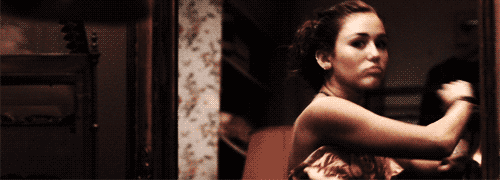When I began this reading, I started off very reluctant to finish it, procrastinating with cleaning my apartment and every time I would sit down at my desk to begin reading the same sentence over and over again I just got frustrated.
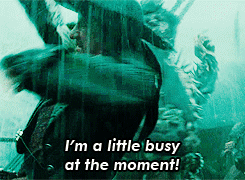
Although this morning I feel like I have made a good effort, in fact I even enjoyed this reading. Perhaps I am still sick?
Anyway, the reading talked about science and the modern world we live in today (well generally, and that’s what I think anyway) I thought it was interesting how it talked about people who worked in specialist scientific areas were losing the means to continue working in their areas in order to create new products, that could potentially help mankind. These devices and inventions that scientists have created that have benefits and have “extended man’s physical powers” however has created these specialised industries and skills that people need to acquire in order to improve or progress in society.
Do I agree that science and new technological inventions will create progress that is beneficial in society?
Personally I am quite skeptical, I mean I do agree that inventions, such as the internet and computers in general have changed the world. Not necessarily for the better, but it has created this incredible way to communicate and store information. It also has the ability to be just as destructive as it is beneficial. I was reluctant to get Facebook and the only reason I did was to keep in contact with friends and family back in New Zealand. Otherwise I see no real use for it (including other social media), except more time wasted online when I could be doing something physically proactive. More time today is spent in front of a computer (well at least for me) and I do feel guilty, unproductive and well increasingly undeveloped apposed to the internet supposedly created to develop society.
Do I believe that “specialisation becomes increasingly necessary for progress” in general? Yes. Yes I do.

Bush, Vannevar. “As We May Think.” The Atlantic July 1945. The Atlantic. Web. 19 July 2013. (PDF)
